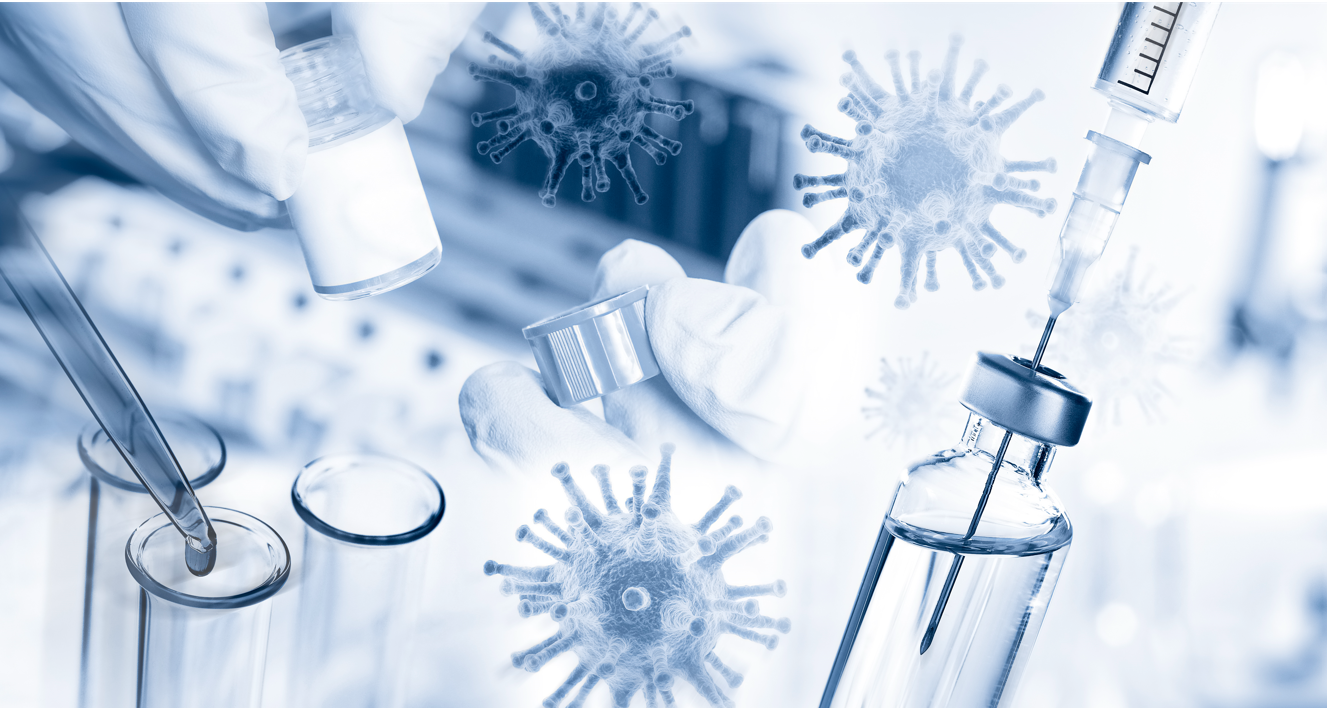Saturday saw 160 new cases in Aotearoa – the highest number yet recorded in the pandemic.
The 160 people are located in Northland, Auckland, Waikato and Christchurch. New Zealand authorities are working with counterparts in Tonga to confirm the case who travelled there from Christchurch, reported in Tonga on Friday.
The SMC asked experts to comment.
Dr Dianne Sika-Paotonu, Immunologist, Associate Dean (Pacific), Head of University of Otago Wellington Pacific Office, and Senior Lecturer, Pathology & Molecular Medicine, University of Otago Wellington, comments:
“That a positive COVID-19 case has been detected in the Kingdom of Tonga is heart-breaking news. Tonga has been one of a group of countries within the Pacific region that has managed to protect its people by keeping the virus out of the country for so long. If this case is not contained, the potential consequences for the Tongan nation will be catastrophic.
“What is concerning also is that the COVID-19 case originated from Aotearoa New Zealand-Christchurch. The Ministry of Health has since confirmed the individual involved was fully vaccinated with the Pfizer vaccine and had received their second dose on the 15th of October, and yielded a negative pre-departure test result just prior to leaving Christchurch. This development likely indicates more COVID-19 spread in the Christchurch community than is being currently reflected by the COVID-19 case numbers.
“In Aotearoa New Zealand, we’re continuing to experience first-hand how quickly and easily Delta can spread and infect – where our current outbreak originated with a single case of the Delta variant of the SARS-CoV-2 virus reaching into our communities at a time when vaccination rates were low.
“It will be critical for anyone who is currently unvaccinated to get the COVID-19 vaccine as quickly as possible. It was known from the outset that Māori and Pacific communities were highly vulnerable to being disproportionately affected by COVID-19, and would require prioritisation to stay protected.
“Here in Aotearoa New Zealand, DHBs will need to ensure at least 90 – 95% full vaccinations for Pacific peoples and Māori – to ensure no-one is left behind. This will help keep our most vulnerable communities safe from COVID-19 – and also includes protecting our children and young people.
“Sadly we’re continuing to see triple digits reflecting daily COVID-19 case numbers as a result of Delta transmission within communities and across borders, now into the South Island.
“We cannot let the same happen in Tonga. Everyone, please get vaccinated, please get tested, please follow the alert level rules, and importantly, help others around you to do the same.”
No conflict of interest declared.
Associate Professor Siouxsie Wiles, School of Medical Sciences, Faculty of Medical and Health Sciences, University of Auckland, comments:
“I think we were all hoping that the recent few days of sub-hundred cases meant that we would see daily cases stay at that level rather than continue to increase. But the reality is that more daily cases mean that systems are being put under increasing pressure, and so we will likely see lags in data getting into the system.
“The range of cases reported today just show the different scenarios encountered by the public health teams doing contact tracing and case investigations. For example, one is a person in Christchurch who has recently been through MIQ. Genomic sequencing will help to understand if they were infected overseas and have had an unusually long incubation period, whether they were infected in MIQ, or whether they were infected as a result of our community delta outbreak.
“The case identified in Tonga is important to understand as it could signal wider undetected transmission in Christchurch. Can that person be linked to the known Christchurch cases or are they part of an unknown transmission chain? The answer to that question has implications for Christchurch’s alert level settings.
“Several of the new cases reported highlight the importance of everyone, including those who are partially or fully vaccinated, continuing to wear masks and getting tested if they have symptoms that could be COVID-19, even if those symptoms are very mild.
“Today 47 people with COVID-19 are in hospital, ten more than yesterday. The overwhelming majority of people hospitalised during this outbreak have either been unvaccinated or only partially vaccinated. This just shows how important it is for people to take up the offer to get vaccinated, and to get both doses. There are still thousands of eligible people in New Zealand who haven’t taken up the opportunity to get vaccinated yet. With cases popping up around the country I urge everyone to get vaccinated as soon as possible. Its important to remember that people aren’t fully immunised until two weeks after their second dose, so the sooner people get their first dose, the better.”
No conflict of interest.
Dr Lesley Gray, Senior Lecturer, Department of Primary Health Care & General Practice, University of Otago, comments:
“As the NZ government moved away from an elimination strategy at a time we had unlinked cases in the community it is sadly not at all surprising that case numbers are increasing given the ‘R’ number for Delta.
“We can only hope with more and more people vaccinated that we do not see a major upturn in hospitalisations.
“Christchurch still has an opportunity to stamp out their current sub-cluster but this would require a higher alert level.
“My worry continues that there are Covid-19 positive people in our communities that are not stepping forward for testing.”
Conflict of interest statement: Dr Gray is currently part of two Health Research Council grants: “COVID-19 Pandemic in Aotearoa NZ: Impact, Inequalities & Improving our response” (PI Baker, M) and “Te matatini o te horapa: a population based contagion network for Aotearoa NZ” (PI O’Neale, D)
